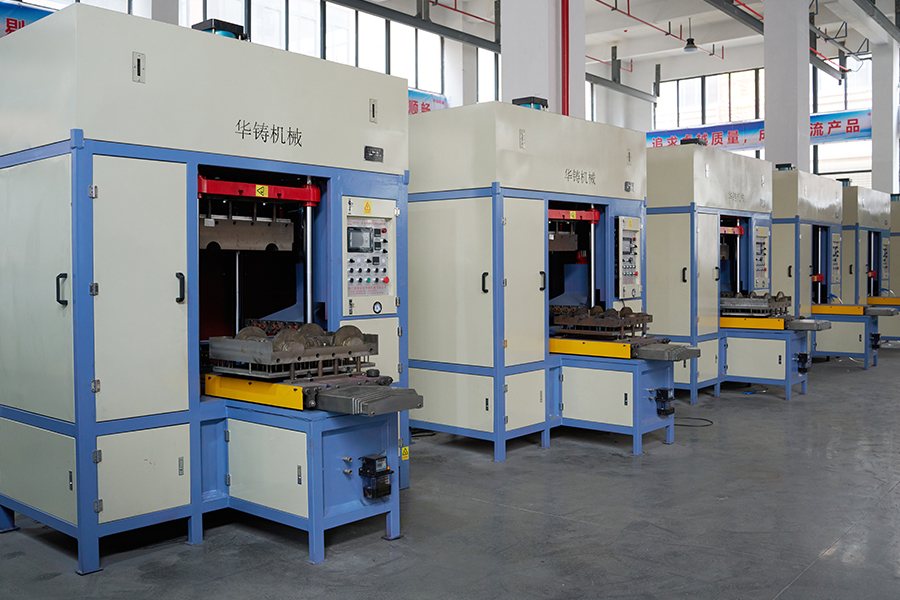Controllable Gravity Casting Machine: Enhancing Precision and Versatility in Metal Casting
Industry News-Gravity casting is a versatile and cost-effective method for producing components of various sizes and complexities. The process can be used for a wide range of metals, including aluminum, copper, steel, and iron. While traditional gravity casting offers simplicity, advancements like the controllable and flexible gravity casting machines are designed to offer more control over the process, allowing manufacturers to meet modern demands for high-precision and complex components.

A controllable gravity casting machine is an evolution of the traditional gravity casting process that incorporates automation and control systems to improve the consistency and precision of the casting process. The core advantage of these machines is the ability to manage several key variables during the casting process, including mold temperature, pouring speed, and the flow rate of molten metal. These factors are critical in producing high-quality castings that meet the stringent requirements of industries like aerospace and automotive manufacturing.
One of the key components of controllable gravity casting machines is the automated pouring system. The machine uses sensors and advanced control software to regulate the flow of molten metal into the mold, ensuring that the metal fills the mold cavity evenly and without defects. The ability to adjust the pouring speed and pressure during the casting process allows for the production of components with finer details and smoother surface finishes.
The temperature control system in a controllable gravity casting machine is another significant advancement. By monitoring and adjusting the temperature of the molten metal and the mold, the machine ensures that the metal solidifies uniformly, issues like shrinkage, warping, or uneven cooling. This level of control higher-quality castings with fewer defects, reducing the need for post-processing and increasing overall efficiency.
A flexible gravity casting machine takes versatility to the next level, allowing manufacturers to produce a wide range of parts with different shapes and sizes using the same machine. These machines are designed to accommodate a variety of molds and casting methods, making them ideal for industries that require frequent changes in production runs or highly customized parts.
One of the defining features of flexible gravity casting machines is their adjustable mold designs. These machines can be adapted to work with different mold sizes and types, including sand molds, shell molds, and permanent molds. This flexibility allows manufacturers to produce components ranging from simple, mass-produced items to complex, one-off parts with intricate designs. The ability to quickly change molds and adjust machine settings makes these machines particularly useful for small- to medium-scale production runs, where the flexibility to switch between different parts is essential.
In addition to mold flexibility, these machines also offer adjustable parameters such as pouring speed, mold temperature, and cooling rates. These variables can be customized to suit the specific requirements of each production run, ensuring that manufacturers can achieve results with a wide variety of casting materials.
The reduced time offered by flexible gravity casting machines is another significant advantage. By offering quick mold changes and adaptable settings, manufacturers can respond to changing market demands or customer specifications with minimal downtime. This adaptability is especially useful in industries like automotive, where production needs can shift rapidly based on new designs or customer orders.
 En
En
 русский
русский Español
Español عربى
عربى Deutsch
Deutsch















